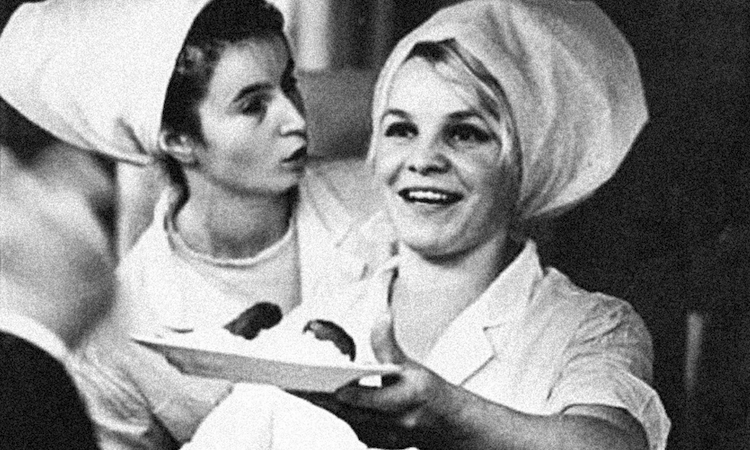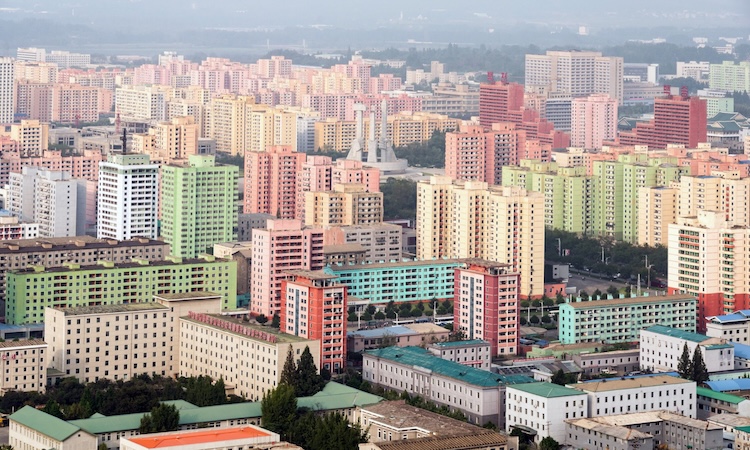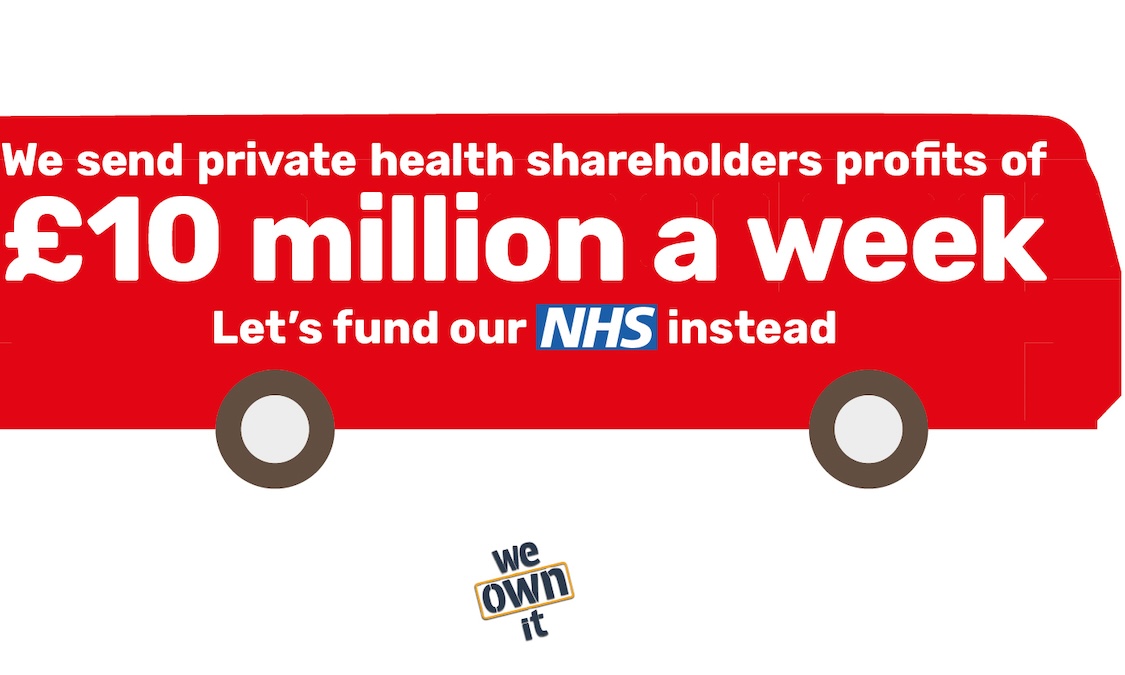In early April, we reported on the plight of Britain’s sizeable homeless population – workers who have been cruelly denied the basic human right to housing and forced to sleep rough on the streets, some of them reduced to seeking shelter in rubbish bins.
We noted in that article that, as a result of the Covid-19 pandemic, the government had introduced the ‘Everyone In’ scheme to keep people off the streets during the months of lockdown, temporarily housing Britain’s rough sleepers in empty hotels.
But what has become of that scheme now that the lockdown is being lifted? What, if any, is the plan to support the nearly 15,000 vulnerable people who had been provided with much-needed shelter?
‘Business as usual’ as rough sleepers thrown back onto the streets
While the ‘Everyone In’ scheme was launched with much fanfare in March, just two months later, the government quietly wound it up. With hotels looking to reopen on 4 July, there is now a scramble to offload these unwelcome guests.
According to the Manchester Evening News: “A leaked report to the region’s combined authority reveals the Ministry for Communities, Housing and Local Government has now ‘drawn a line’ under its programme and has told councils it will no longer be funded, although no ministerial statement has been made to that effect.” (‘The numbers on the streets are going to rocket’: Homeless people put up in hotels amid pandemic to be kicked out as government quietly scraps scheme by Jennifer Williams, Manchester Evening News, 14 May 2020)
Charities have warned that the government, unsurprisingly, has no plan in place for how to tackle the issue of homeless people flooding back onto the streets.
To compound the issue, the unfolding crisis of overproduction is throwing millions more workers onto the dole, which is bound to lead to more poverty, hunger and homelessness.
Migrant workers the most vulnerable
Migrant workers who have jumped through all the hoops to secure leave to remain in Britain have been the hardest hit by finding themselves unemployed, as many were forced to accept the condition of ‘no recourse to public funds’ in order to secure their status, meaning they cannot now apply for benefits of any kind. Undocumented migrants, living completely below the radar of the state, are subject to even worse conditions.
An open letter to Robert Jenrick, secretary of state for housing, communities and local government, written by Citizens UK and signed by over 100 charitable institutions reads: “We are dismayed that extended housing support will only be available to those who qualify for welfare benefits. In some areas this will result in a large number of people, up to 50 percent of those currently housed, returning to the streets at a time when homelessness services, such as day centres and night shelters, remain closed.”
The authors correctly conclude that the winding up of the scheme is “a national catastrophe in the making”. (Letter to housing minister Robert Jenrick MP, Citizens UK, 12 June 2020)
Indeed, any homelessness in a rich country like Britain, the sixth-largest economy in the world and home to some £14.6tn aggregate personal wealth, is a national catastrophe. The fact that so many other workers are but a single missed pay cheque away from becoming homeless themselves, should rouse all right-thinking people to outrage. (Total wealth in Great Britain: April 2016 to March 2018, Office for National Statistics, December 2019)
Government ‘solution’
Always keen to appear to be doing something to solve a problem, while not actually doing anything useful at all, a spokesperson for the housing ministry said: “We’ve been clear that councils must continue to provide safe accommodation to all vulnerable rough sleepers and support those moving on from emergency accommodation in the right way, to ensure their needs are met.”
The spokesman boasted that the government “has provided £3.2bn for councils to help meet Covid-19 pressures on top of specific funding for rough sleeping services. And we have accelerated plans – backed by £433m – which will deliver 6,000 additional homes for former rough sleepers across the country.” (Hotels used to house rough sleepers during pandemic return to business by Amelia Gentleman, The Guardian, 18 June 2020)
In other words, the national government has absolved itself of all responsibility and passed the buck to local councils, many of which are presently teetering on the verge of bankruptcy.
What the spokesperson failed to mention is that the £3.2bn has to cover all budget shortfalls arising from the covid lockdown and the current economic crash. If rough sleepers were not a priority for cash-strapped councils before the pandemic, why would they have become one now?
Capitalism cannot solve the problem
It is instructive to see how money is somehow found when the kings of industry are threatened, yet the flow dries up when it comes to providing basic human necessities to workers.
The charity Crisis has estimated that a mere £282m would be required to place all those who are now in temporary accommodation into permanent housing and support them for 12 months.
The issue is not that there is insufficient wealth in Britain, or that the means of creating further wealth are lacking, but that the wealth created by the labour of millions is concentrated in the hands of a tiny handful of enormously wealthy individuals – a state of affairs created, perpetuated and exacerbated by the capitalist mode of production for profit.
Unemployment, homelessness, hunger, disease and degradation are part and parcel of life for ever larger numbers of poor workers under capitalism, and this situation becomes all the more perilous with each cyclical economic crisis we are forced to endure.
Meanwhile, fabulous riches, unimaginable luxury and incredible power sit in the hands of a few billionaires who contribute nothing to society, their riches accrued from the labour of the working masses.
As we concluded in our previous article: “The only way to ensure secure homes for all in the long term – along with guaranteed jobs, pensions, healthcare and education – is for workers to take over the running of society and use Britain’s massive productive forces to meet their needs.”














